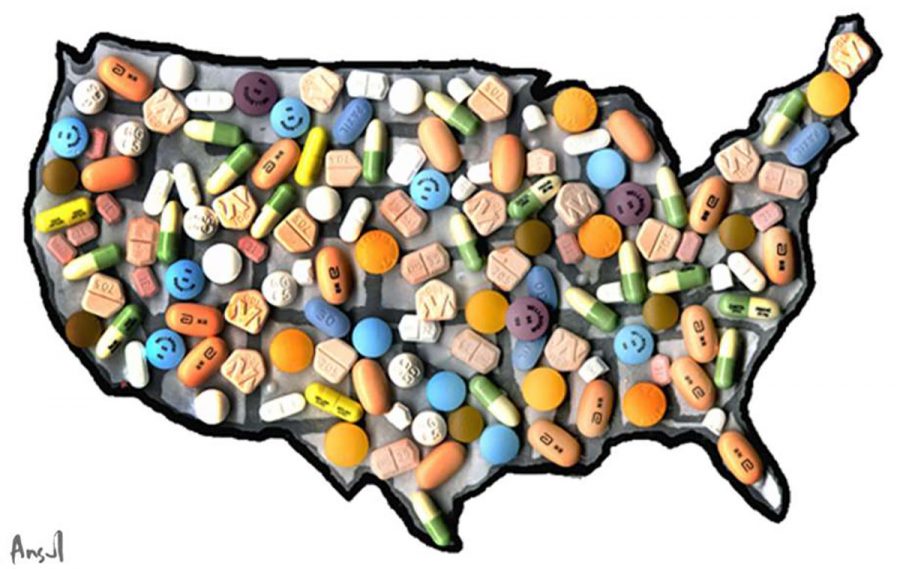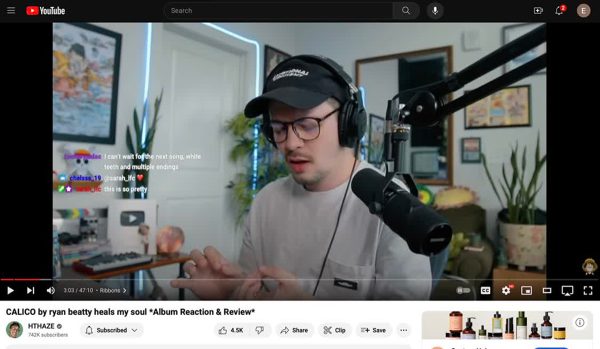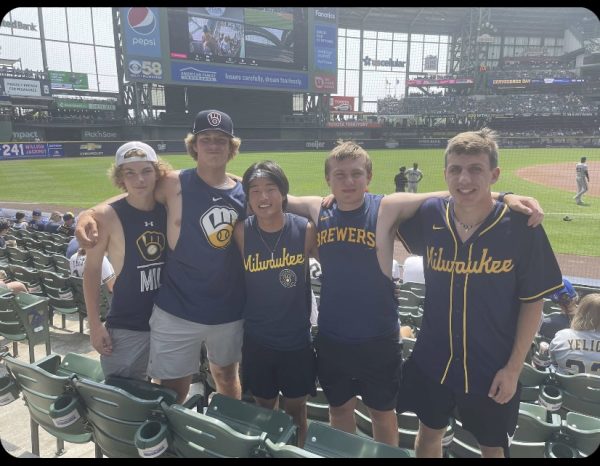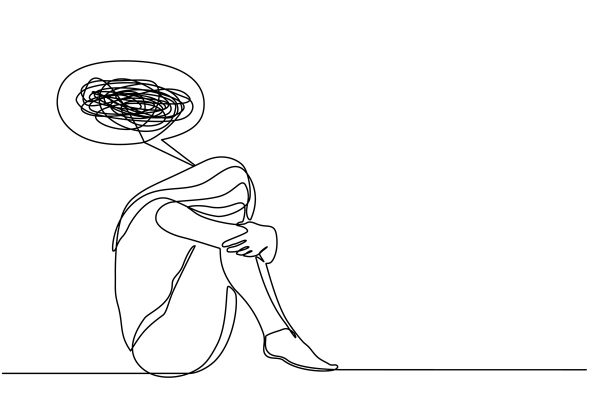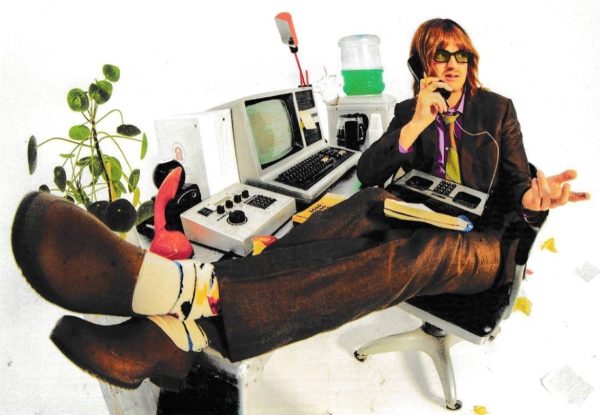Trump’s plan to combat opioid crisis falls short
Many questions are left unanswered after President Trump declared the opioid crisis a public health emergency
More stories from Alyssa Anderson
Photo by SUBMITTED
President Trump is all talk when it comes to ending America’s deadly opioid epidemic.
According to the National Institute on Drug Abuse (NIDA), approximately 90 Americans die each day after overdosing on painkillers, heroin or synthetic opioids like fentanyl.
The total economic burden of prescription opioid misuse alone in the United States is $78.5 billion a year, which includes the costs of healthcare, lost productivity, addiction treatment and criminal justice involvement, the Center of Disease Control and Prevention reported.
On Oct. 26, The New York Times reported that President Trump directed the Department of Health and Human Services to declare the opioid epidemic a public health emergency. However, this declaration does not allocate the funds necessary to deal with a drug crisis of this caliber.
In August, Trump announced his plan to declare the opioid crisis a national emergency, which would have prompted the “rapid allocation of federal funding to address this issue,” The New York Times stated.
Declaring this crisis a public health emergency will not instigate the actions that need to be taken in order to, in Trump’s words, “liberate our communities from the scourge of drug addiction.”
“America is hemorrhaging lives by the day because of the opioid epidemic, but President Trump offered the country a Band-Aid when we need a tourniquet,” said Senator Edward J. Markey, (D –Massachusetts). “Instead of a commitment to emergency funding for our states and communities, President Trump offered empty words and half-measures.”
Without the allocation of government funds, the opioid epidemic is not going anywhere. Although Trump promised to address this crisis throughout his campaign, he has failed to do so. I wish I could say this surprised me.
I am from a southern suburb of Chicago, where heroin and opioid use are rampant. Every few months, I log onto Facebook only to discover someone I went to high school with has died of an overdose.
Every time I get this type of news, I’m shocked. None of these kids struck me as people who would do hard drugs. They were good kids with loving families and bright futures who fell victim to a deadly addiction.
Contrary to popular belief, addiction isn’t something confined to “bad neighborhoods.” The main culprit at the center of the crisis is, surprisingly, not found on the streets. On the contrary, most opioid addictions begin after a visit to the doctor.
In the 1990s, pharmaceutical companies reassured the masses prescription painkillers were not habit-forming, insisting patients who were prescribed opioids would not become addicted to them. As a result, healthcare providers began prescribing these medications more frequently.
According to NIDA, this ultimately led to the widespread misuse of prescription painkillers before it became evident these medications were highly addictive. By 2015, opioid use had increased substantially, claiming the lives of 33,000 Americans that year alone.
NIDA said 80 percent of heroin users had misused prescription painkillers before transitioning to heroin. Around 30 percent of patients prescribed opioids end up abusing them, while six percent transition to using heroin.
“That undercurrent that if all of you just decided not to do this, we’d be in a better place — I can tell you, my son did not decide that he wanted to become addicted, much less die,” Jim Hood, founder and chief executive of Facing Addiction, said. “We might have been much better served by framing this as a very serious illness, a very serious health issue.”
If Trump truly wants to end the opioid epidemic, he should reconsider his actions. Opioid addicts do not need another “Just Say No” campaign. They need access to medical facilities equipped to help them recover from this debilitating illness. Trump needs to declare the opioid epidemic as the national emergency — which it clearly is — in order for any progress to happen.
This country needs actions, not words. Sorry, Mr. Trump, but “Just Saying No” is not going to cut it.

